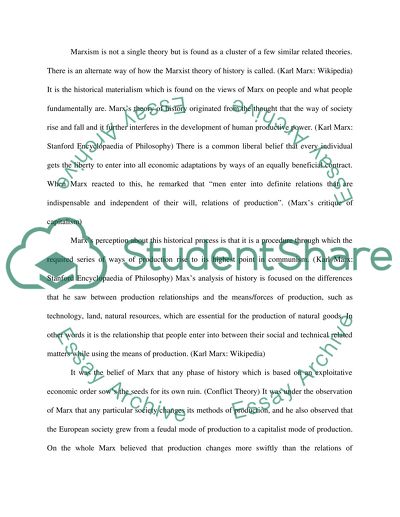Cite this document
(Marx's Critique of Capitalism Essay Example | Topics and Well Written Essays - 2250 words, n.d.)
Marx's Critique of Capitalism Essay Example | Topics and Well Written Essays - 2250 words. https://studentshare.org/politics/1518114-marxs-critique-of-capitalism-is-based-on-his-theory-of-history-politics-and-alienation
Marx's Critique of Capitalism Essay Example | Topics and Well Written Essays - 2250 words. https://studentshare.org/politics/1518114-marxs-critique-of-capitalism-is-based-on-his-theory-of-history-politics-and-alienation
(Marx'S Critique of Capitalism Essay Example | Topics and Well Written Essays - 2250 Words)
Marx'S Critique of Capitalism Essay Example | Topics and Well Written Essays - 2250 Words. https://studentshare.org/politics/1518114-marxs-critique-of-capitalism-is-based-on-his-theory-of-history-politics-and-alienation.
Marx'S Critique of Capitalism Essay Example | Topics and Well Written Essays - 2250 Words. https://studentshare.org/politics/1518114-marxs-critique-of-capitalism-is-based-on-his-theory-of-history-politics-and-alienation.
“Marx'S Critique of Capitalism Essay Example | Topics and Well Written Essays - 2250 Words”. https://studentshare.org/politics/1518114-marxs-critique-of-capitalism-is-based-on-his-theory-of-history-politics-and-alienation.


